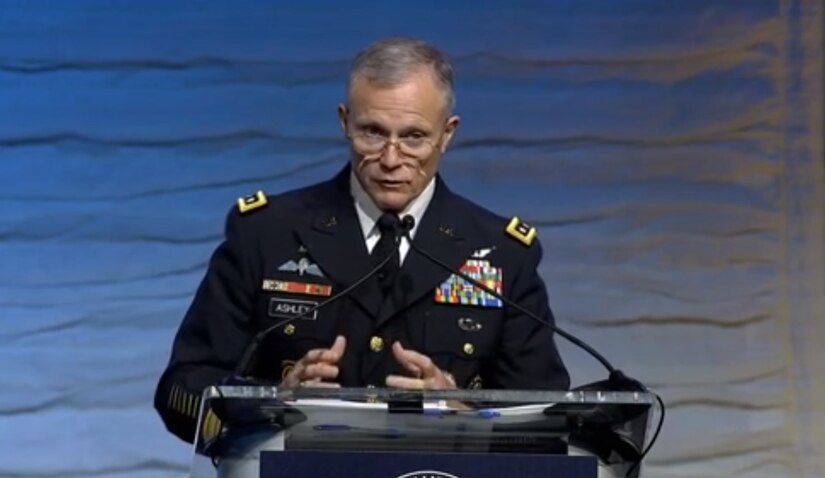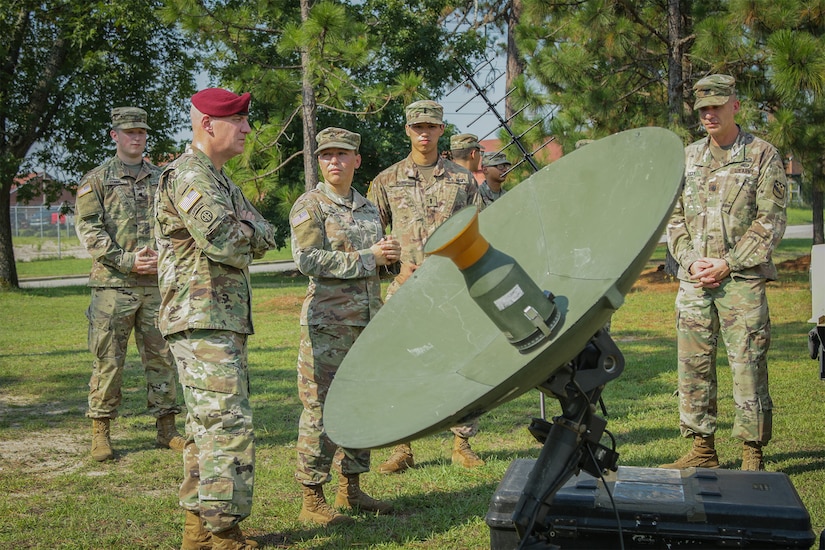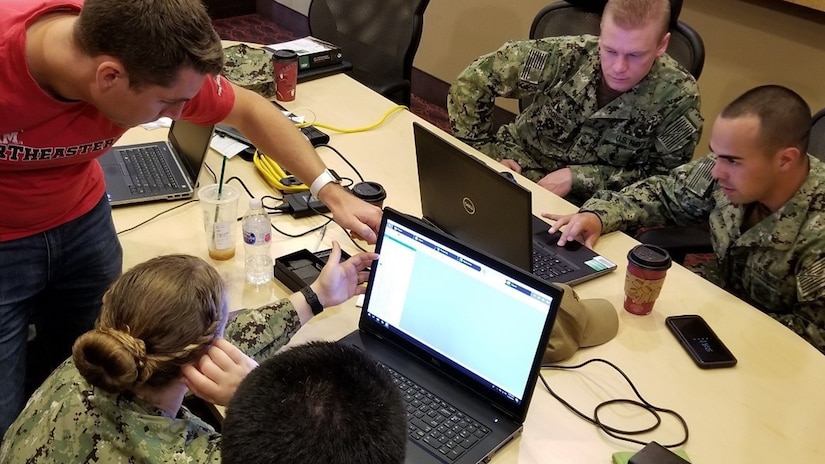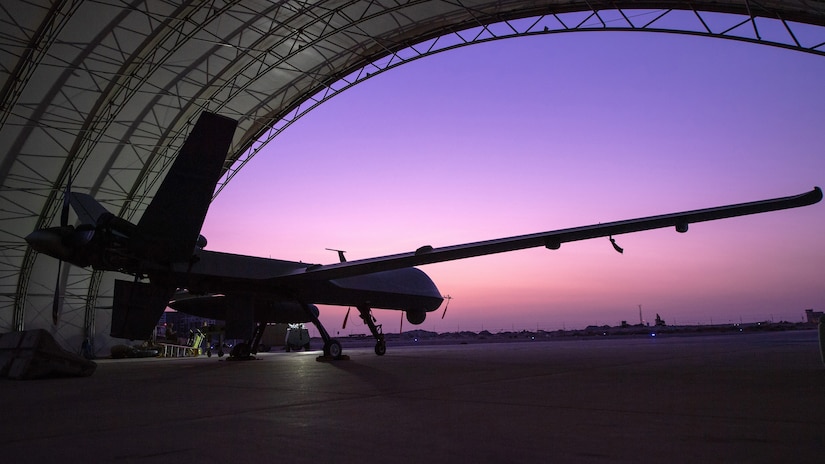BY DAVID VERGUN
 These tools are used to collect, analyze and secure data accurately and at high speeds. Both China and Russia realize that "whoever can leverage the data and understands that can dominate," Army Lt. Gen. Robert P. Ashley Jr. said today at the 2019 Department of Defense Intelligence Information System Worldwide Conference in Tampa, Fla.
These tools are used to collect, analyze and secure data accurately and at high speeds. Both China and Russia realize that "whoever can leverage the data and understands that can dominate," Army Lt. Gen. Robert P. Ashley Jr. said today at the 2019 Department of Defense Intelligence Information System Worldwide Conference in Tampa, Fla.
China already is moving rapidly ahead with digital advances, he said, citing Huawei's Smart City Intelligent Operation Center, which is using big data, 5G, machine learning and AI to collect, monitor and analyze security, transportation and emergencies, and to track people.
DIA's efforts at improving intelligence gathering have a three-pronged focus:
First, the general said, the agency needs to ensure that its intelligence-sharing tool, the Joint Worldwide Intelligence Communications System, has adequate resourcing to ensure it remains secure, reliable and resilient.
2
Second, Ashley said, the Machine-Assisted Analytic Rapid-Repository System, which is still in development, will become DIA's database of the future, using cloud computing, AI and machine learning, automating many of the tasks currently done manually by operators.
3
Third, open-source intelligence will be used to a much greater extent. Open-source intelligence is data collected from publicly available sources. When combined with other intelligence data, it can provide a much more accurate intelligence picture that will further DIA's mission of "providing intelligence on foreign militaries to prevent and decisively win wars."In addition to systems, Ashley said, people are the agency's foundational strength.
People work best when they are on teams to use one another's strengths, he said. DIA has organized analytic data teams composed of data scientists, tool developers, methodologists and all-source analysts to look at information and refine algorithms to get a more accurate intelligence picture.
DIA also needs to strengthen its teaming with allies and partners, Ashley said, notably data sharing. Currently, a brigade is pretty good at speed in sharing intelligence within the brigade, he said.
However, when it comes to sharing intelligence between brigades and between each of the military services, it slows down, he said. And, it's even slower between allies and partners.
It took World War II to compel better information sharing between allies, he said. The U.S. cracked Japan's Purple Encryption Machine early in the war. About the same time, the United Kingdom cracked the Enigma Machine used by the Germans. A decision was made at the very top for the two nations to share their work, and it probably shortened the war by two years.
It shouldn't take another war like that to enable intelligence sharing, Ashley said.



No comments:
Post a Comment